RISC OS
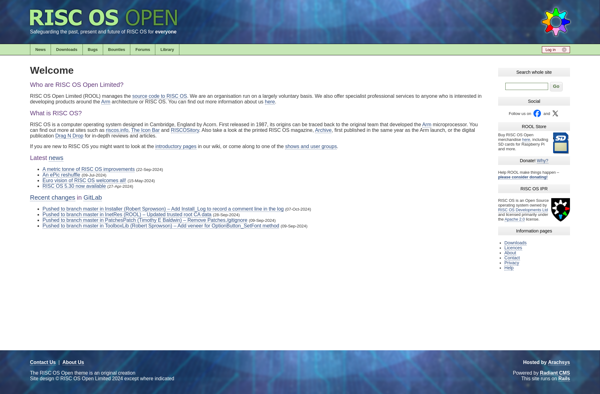
RISC OS: Classic Operating Systems
RISC OS is a computer operating system originally designed by Acorn Computers Ltd in Cambridge, England. It was first released in 1987 for their ARM-based Acorn Archimedes range. It features a graphical user interface and can run on low-power ARM processors.
What is RISC OS?
RISC OS is a computer operating system originally designed by Acorn Computers Ltd in Cambridge, England in the 1980s. It was first released in 1987 for their ARM-based Acorn Archimedes range of personal computers.
RISC OS features a graphical user interface built on top of a modular, message-passing kernel. It was designed specifically to run on the energy-efficient ARM processors developed by Acorn. This allowed it to operate well on the relatively low-powered hardware of the time.
Key features of RISC OS include:
- Fast, intuitive graphical user interface optimized for mouse control
- Modular system design allowing on-the-fly replacement of ROM modules
- Low memory requirements, making it suitable for early ARM systems
- Integrated suite of productivity applications developed by Acorn
Although originally popular in the UK educational market, RISC OS systems declined with the demise of Acorn Computers in the 1990s. However, several clone versions of RISC OS have been developed for ARM-based platforms. It retains a small but loyal user base to this day.
RISC OS Features
Features
- Graphical user interface
- Built for ARM processors
- BBC BASIC programming language
- Desktop with icons
- Single-tasking operating system
Pricing
- Free
- Open Source
Pros
Cons
Official Links
Reviews & Ratings
Login to ReviewThe Best RISC OS Alternatives
Top Os & Utilities and Operating Systems and other similar apps like RISC OS
Here are some alternatives to RISC OS:
Suggest an alternative ❐Windows 10
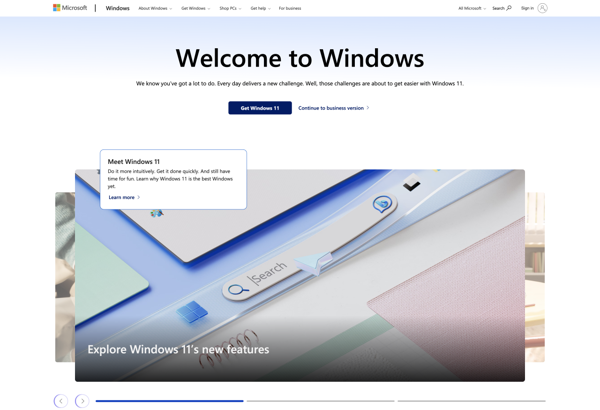
Ubuntu

MacOS

Linux Mint
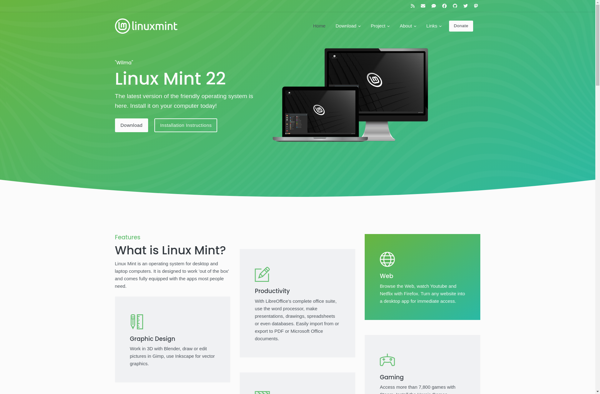
Arch Linux
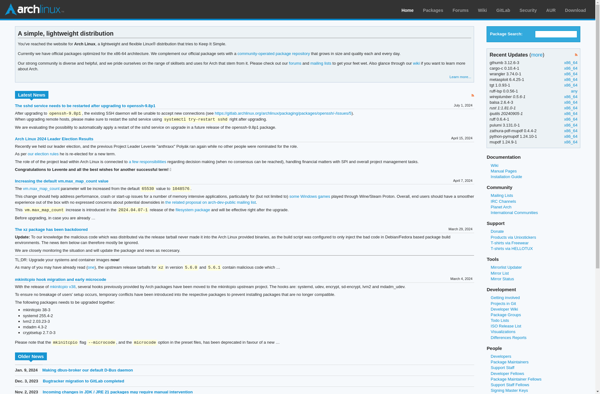
Elementary OS
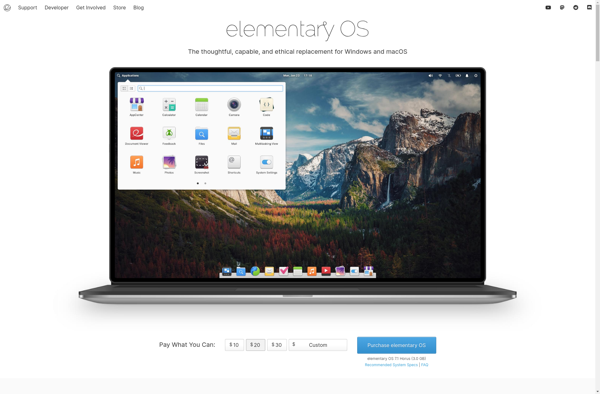
Debian

Linux kernel
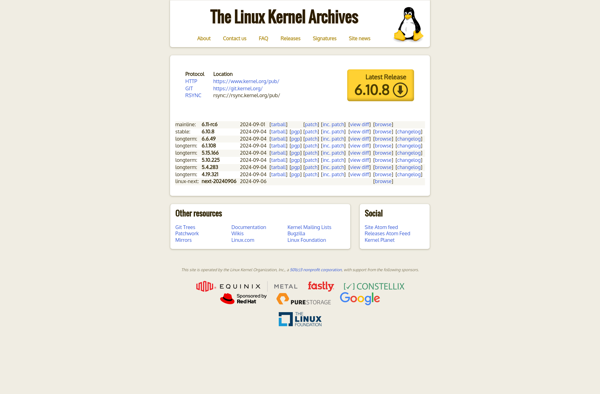
Fedora
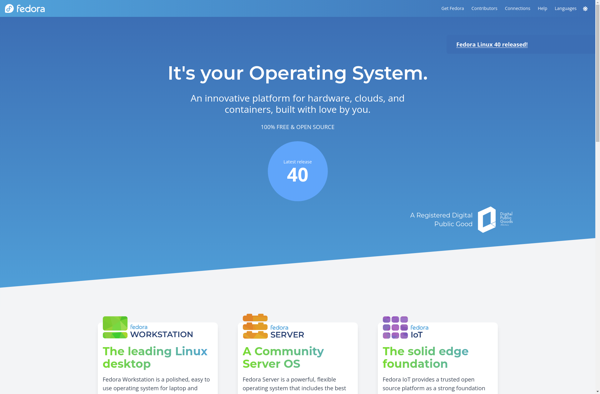
Manjaro Linux

OpenSUSE

Fedberry
